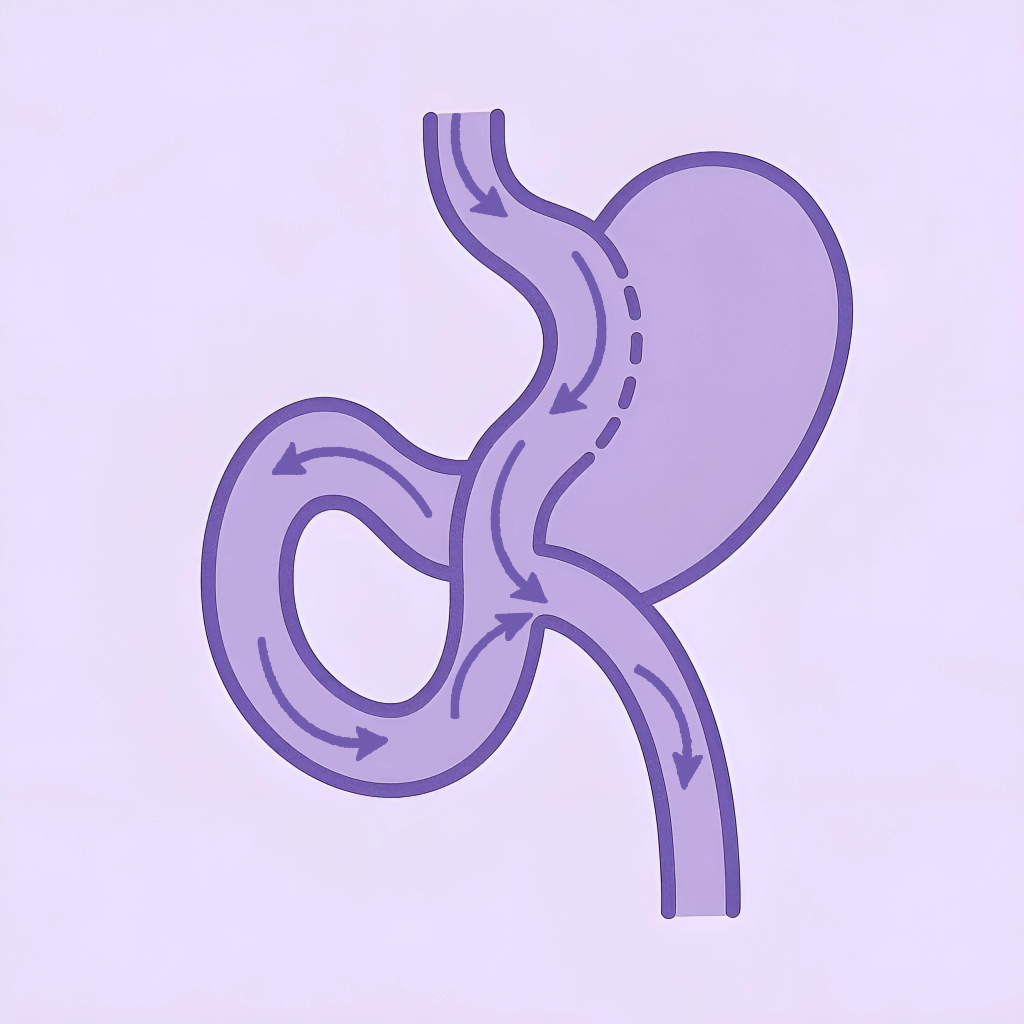Cáncer de Colon







El cáncer de colon es un tumor maligno en el intestino grueso, que a menudo se desarrolla a partir de pólipos, y requiere una detección temprana.
Descripción General
El cáncer de colon es un tipo de cáncer que comienza en el intestino grueso (colon), la última parte del tracto digestivo. A menudo comienza como pequeños pólipos no cancerosos que se forman dentro del colon. Con el tiempo, algunos de estos pólipos pueden convertirse en cáncer, lo que hace que la detección temprana a través de exámenes regulares sea crucial. El cáncer de colon afecta típicamente a adultos mayores, aunque puede ocurrir a cualquier edad.
Varios factores aumentan el riesgo de desarrollar cáncer de colon. La edad es un factor importante, ya que la mayoría de los casos ocurren en personas mayores de 50 años. El historial familiar de cáncer de colon o condiciones hereditarias como el síndrome de Lynch y la poliposis adenomatosa familiar (PAF) también elevan el riesgo. Las elecciones de estilo de vida, como una dieta baja en fibra y alta en grasas, la falta de ejercicio, fumar, el consumo excesivo de alcohol y la obesidad contribuyen al aumento del riesgo. Las condiciones médicas como la diabetes, enfermedades inflamatorias del intestino (enfermedad de Crohn o colitis ulcerosa) y la radioterapia previa en el abdomen aumentan aún más la probabilidad de desarrollar cáncer de colon.
Síntomas y Diagnóstico
El cáncer de colon en sus primeras etapas a menudo no presenta síntomas, pero a medida que la enfermedad progresa, los signos pueden incluir cambios persistentes en los hábitos intestinales, sangrado rectal, malestar abdominal, fatiga y pérdida de peso inexplicada. Algunas personas también pueden experimentar la sensación de que su intestino no se vacía completamente.
Los médicos diagnostican el cáncer de colon mediante colonoscopia, donde un tubo flexible con una cámara examina el colon y extrae muestras de tejido para biopsia. Las pruebas de sangre, incluidas las mediciones de los niveles de antígeno carcinoembrionario (CEA), ayudan a evaluar la salud general y a rastrear la progresión del cáncer. Pruebas de imagen adicionales, como tomografías computarizadas (TC), pueden usarse para determinar el estadio y la propagación del cáncer.
Tratamiento
El tratamiento depende del estadio del cáncer, la salud general y las preferencias personales. La cirugía es el tratamiento más común, y generalmente implica la extirpación del tumor junto con una parte del colon. En algunos casos, se puede utilizar cirugía laparoscópica, que permite realizar incisiones más pequeñas y una recuperación más rápida.
Los tratamientos adicionales incluyen la quimioterapia, que apunta a las células cancerosas en todo el cuerpo, y la radioterapia, que utiliza haces de alta energía para destruir las células cancerosas en una área específica. La terapia dirigida y la inmunoterapia a veces se utilizan para casos avanzados o recurrentes, bloqueando el crecimiento de las células cancerosas o estimulando el sistema inmunológico para combatir el cáncer.
Detalles del Procedimiento
La cirugía del cáncer de colon implica la extirpación del tumor, las porciones afectadas del colon y los ganglios linfáticos cercanos para prevenir la propagación del cáncer.
Se administra anestesia para la comodidad del paciente.
Se realiza una incisión en el abdomen o se establece un acceso laparoscópico.
Se extirpa la porción afectada del colon (colectomía parcial) o, en casos graves, se extirpa todo el colon (colectomía total).
Se extirpan los ganglios linfáticos cercanos para prevenir la propagación del cáncer.
Las secciones restantes del tracto digestivo se reconectan o, si es necesario, se crea una colostomía/ileostomía.
Recuperación
La recuperación depende de la extensión de la cirugía. La mayoría de los pacientes permanecen en el hospital durante varios días y hacen la transición de una dieta líquida a una sólida gradualmente. Los cambios temporales en los hábitos intestinales, el dolor y la fatiga son comunes, pero son manejables con apoyo médico.
El cuidado posterior a la cirugía incluye modificaciones dietéticas, manejo del dolor y visitas de seguimiento para monitorear la curación. Si se requiere una colostomía, los pacientes reciben orientación sobre cómo gestionarla. Con las técnicas modernas, la mayoría de las personas puede regresar a sus actividades diarias con el apoyo adecuado y ajustes en el estilo de vida.
Tiene preguntas sobre su tratamiento?

Preguntas Frecuentes
Encuentre respuestas a consultas comunes
Necesita soporte personalizado?
Envíenos un mensaje por WhatsApp para obtener una respuesta rápida; respondemos en minutos
En qué tipos de procedimientos quirúrgicos se especializa el Dr. Gül?
Qué factores convierten a Turquía en un destino de referencia para procedimientos quirúrgicos?
Cuál es el tiempo de recuperación habitual para la mayoría de las cirugías?
Qué procedimientos bariátricos ofrece la clínica?
Cuánto peso se espera perder después de una cirugía bariátrica?
Qué idiomas habla el Dr. Gül y su equipo?
Será necesario tomar suplementos después de la cirugía bariátrica?
Cubren los seguros estos procedimientos?
Es posible combinar el tratamiento con un viaje a Turquía?
Qué tipo de soporte postoperatorio está disponible?
Nuestra experiencia

Manga Gástrica
La gastrectomía en manga es un procedimiento bariátrico mínimamente invasivo que consiste en la resección de aproximadamente el 80% del estómago

Bypass Gástrico Mini
Simpler, less invasive gastric bypass for significant weight loss and diabetes control.

Balón Gástrico
El balón gástrico es un procedimiento no quirúrgico y temporal para la pérdida de peso que consiste en colocar un balón suave e inflable en el estómago para reducir el hambre y limitar la ingesta de alimentos.
Siga al Dr. Gül en Instagram





